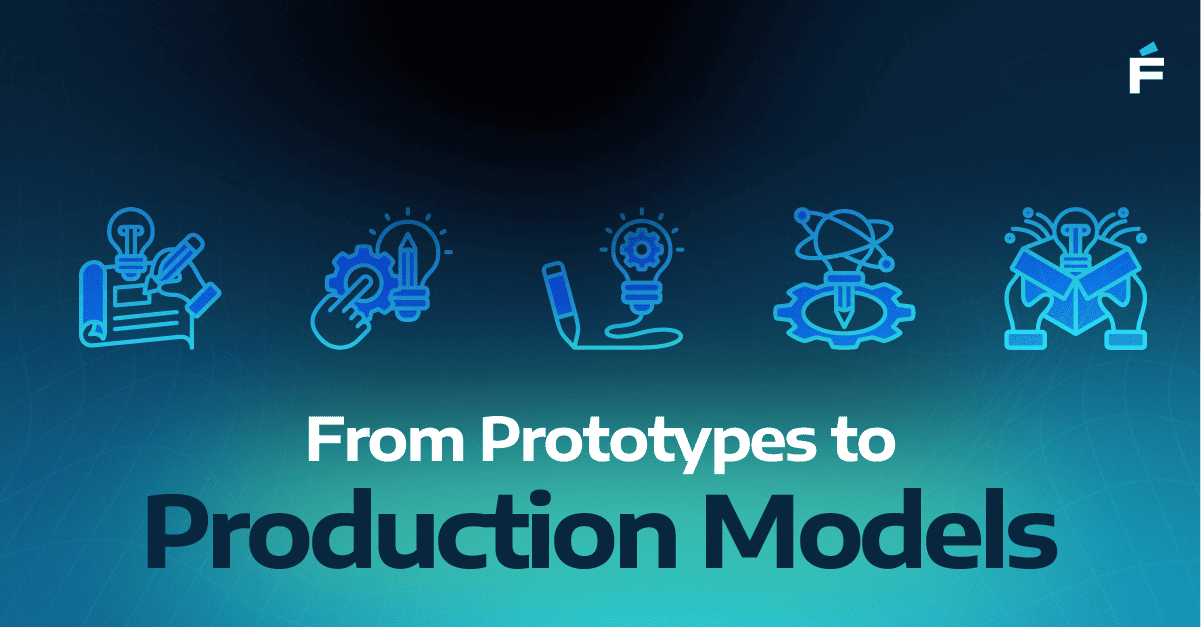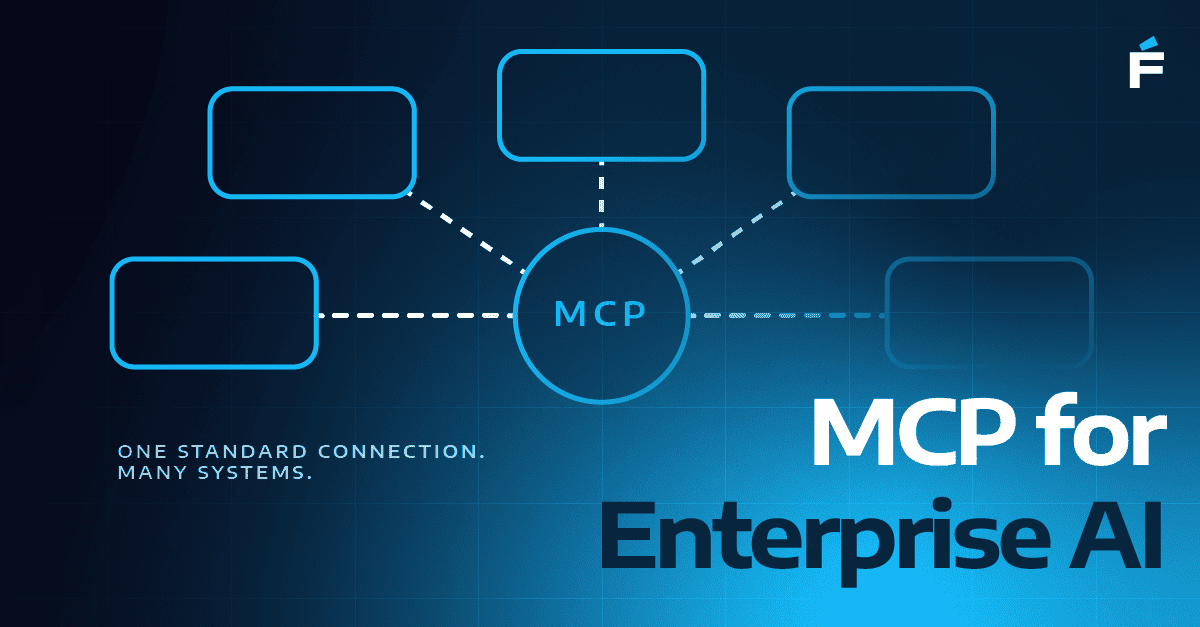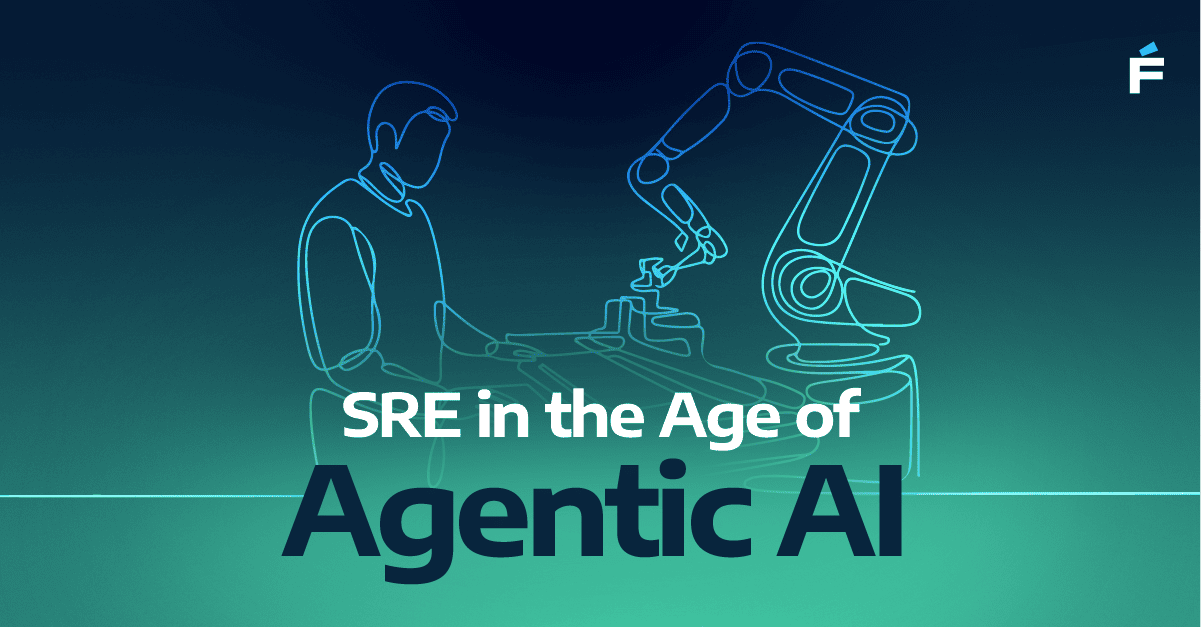In a recent episode of "The Lucent Perspective," hosted by Rebecca Hastings, Lucas Hendrich explored the intricacies of AI-enabled data architecture, governance, and the intersection of technology and business strategy. Lucas brought his extensive experience and shared valuable insights on the challenges and opportunities in the AI landscape.
Exploring AI Implementation and Governance
Lucas emphasized the importance of treating AI as a means to an end rather than an end in itself. He discussed the necessity of moving beyond the pilot phase by ensuring that AI initiatives align with business objectives and provide tangible value. This transition from pilot to full-scale production requires a strategic approach that balances innovation with practical implementation.
One of the significant topics of the episode was the common challenges in data architecture and governance. He highlighted the frequent issues companies face, such as scalability and the underestimation of data governance. According to Lucas, while companies often focus on rapid platform expansion, they must also prioritize robust data management practices to ensure long-term success. Effective data governance is crucial for the success of AI initiatives, as it ensures that data is accurate, secure, and accessible.
The conversation also touched on the transformative potential of AI in talent acquisition. Lucas explained how AI can enhance the recruitment process by providing deeper insights into candidate behavior and performance, thus improving the quality of hires and retention rates. By leveraging AI, companies can gain a competitive edge in identifying and retaining top talent, making the recruitment process more efficient and effective.
Lucas highlighted the benefits of data lakehouses, including their flexibility and ability to handle real-time analytics. He noted that while implementing a data lakehouse can be costly and complex, the long-term advantages in terms of scalability and efficiency make it a worthwhile investment for many organizations. The key is to ensure that the implementation is aligned with the company's specific needs and that proper governance is in place.
Finally, Lucas introduced the concept of extended intelligence, which views AI as a tool to augment human capabilities rather than replace them. He suggested that businesses should focus on integrating AI to enhance decision-making processes and operational efficiency. By using AI to take over repetitive tasks and provide insights, companies can optimize both their operational efficiency and strategic planning.
Key Takeaways
Embrace AI as a Tool, Not a Magic Solution Lucas's main message was to view AI as a means to an end. Companies should focus on how AI can be integrated into their existing processes to achieve specific business outcomes rather than pursuing AI for its own sake.
Prioritize Data Governance Effective data governance is crucial for the success of AI initiatives. Companies need to treat data as a first-class citizen in their technology roadmap to ensure scalability and accuracy.
Utilize AI to Enhance Human Capabilities AI should be used to extend human intelligence by taking over repetitive tasks and providing insights that aid in decision-making. This approach helps in optimizing both operational efficiency and strategic planning.
Invest in Flexible and Scalable Data Architectures The transition to advanced data architectures like data lakehouses can provide significant benefits. However, companies must carefully consider their specific needs and ensure that they have the right governance and implementation strategies in place.
Prepare for the Future of Work As AI continues to evolve, businesses must adapt their organizational structures and job roles to leverage AI effectively. This includes focusing on tasks that require human intuition and creativity while automating routine processes.
Listen to the full episode here.




